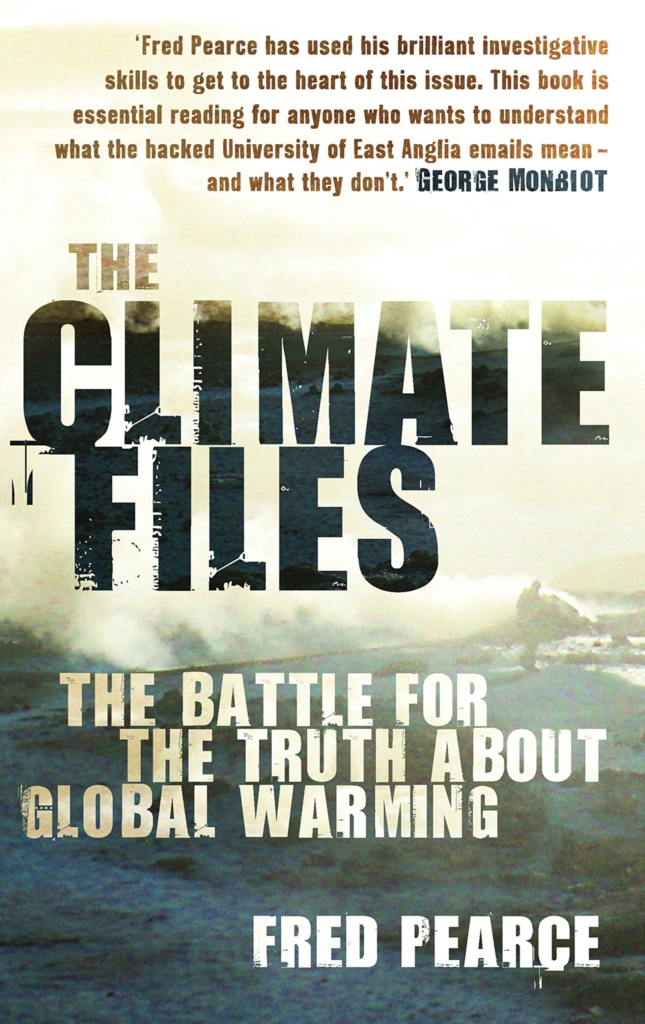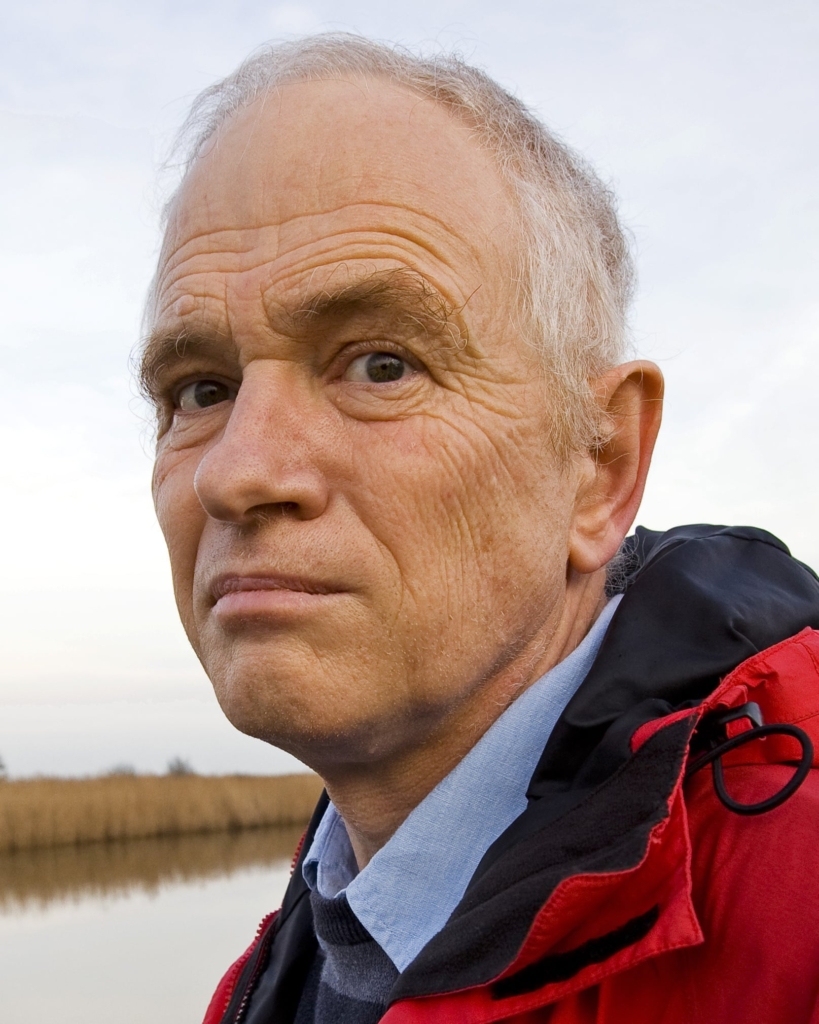Saturday November 30th… Dear Diary. The main purpose of this ongoing post will be to track United States extreme or record temperatures related to climate change. Any reports I see of ETs will be listed below the main topic of the day. I’ll refer to extreme or record temperatures as ETs (not extraterrestrials).😉
After The Tenth Year Anniversary Of Climategate…Some Lessons Learned
At the time when “Climategate” hit in 2009 I didn’t realize how big of a deal the denialist situation was with all involve with the climate issue, particularly scientists. I was busy wrapping up getting the U.S. Surface Records Study published with Dr. Gerry Meehl and company, and was in the process of getting more versed in how far denialists would go in discrediting climate science, being somewhat naïve as late as 2009. Now after hearing some horror stories in the subsequent decade from Dr. Michael Mann and others, Climategate still makes my blood boil, but there are some lessons that we can all learn or have learned from the release of thousands of emails from East Anglia University. Here is more as related by Desdemona Despair and The Guardian:
“Climategate” 10 years on: what lessons have we learned? “British climate science was subjected to huge scrutiny by the world’s best journalists and it stood up to the test”

Cover of The Climate Files by Fred Pearce, first published on 27 July 2010 by Random House UK. Graphic: Random House UK
By Robin McKie
9 November 2019
(The Guardian) – The email that appeared on Phil Jones’s computer screen in November 2009 was succinct. “Just a quick note to encourage you to shoot yourself in the head,” it said. “Don’t waste any more time. Do it today. It is truly the greatest contribution to mankind that you will ever make.”
Nor was it very different from the other emails that were arriving in Jones’s inbox. Others described the climate scientist as the scum of the earth. Some authors promised to kill him themselves. Most of the messages were riddled with obscenities. All made troubling reading.
As to the cause of this outpouring of hatred, that was straightforward. Jones headed the University of East Anglia’s Climate Research Unit, from which a tranche of emails had just been hacked and made public. These, it was claimed, showed that he and fellow researchers were faking the evidence that suggested our planet was heating up dangerously.
The affair was dubbed “Climategate” by those who deny the existence of global warming and it remains one of modern society’s most troubling affairs. Many observers believe it helped delay measures that might have slowed climate change and given humanity more time to cut atmospheric carbon dioxide levels, its key cause.
Climategate marks its 10th anniversary this month – an opportune moment to reflect on just how serious was its impact on society, and to look at the effect it had on those who were trying to stop Earth from being ravaged by rising seas, spreading deserts, disappearing coral reefs and suffocating heat.
At the time, climate-change deniers were desperate to find ways to undermine the idea that global warming was real, and as Jones’s unit had provided key data that supported this notion – by showing how land temperatures on Earth had been rising sharply in recent decades – his work was considered fair game. So they responded gleefully by ransacking his hacked emails for signs he may have been fiddling results and asserted, in blogs, they had found telltale signs.

Professor Phil Jones of the University of East Anglia. His hacked emails were at the center of manufactured scandal, dubbed “Climategate” by climate science denialists. Photo: Chris Bourchier / Rex Features
These claims were then picked up by media outlets hostile to global warming. “Scientist in climate cover-up told to quit” ran one headline. “Scientists broke law by hiding climate data”, claimed another.
Jones was vilified. “Within a day or two reporters were outside my house, knocking on my neighbours’ doors, digging for dirt,” he recalls. “I got hundreds of abusive and threatening emails. I knew the accusations were nonsense. But as someone used to being in control I buckled at the loss of it. My health deteriorated. I found it difficult to sleep and eat. I was under intense, spiralling pressure and felt I was falling to pieces. Looking back I suppose I was having some kind of a nervous breakdown.” […]
Subsequent investigations by journalists showed these claims were unsupportable, however. Guardian writer Fred Pearce studied the leaked emails and produced a book, The Climate Files, from his research. “Have the Climategate revelations undermined the case that we are experiencing made-made climate change? Absolutely not,” says Pearce. “Nothing uncovered in the emails destroys the argument that humans are warming the planet.”
Pearce was writing for the eco-friendly Guardian, but his views were supported by many others, such as Mike Hanlon, former science editor of the Daily Mail. “Scratch and sniff as we did, there was no smoking gun, no line that would show that there had been a conspiracy to fabricate a great untruth,” he said later. Thus, from the Guardian to the Daily Mail, the notion that Climategate represented “the worst scientific scandal of a generation” – as one UK newspaper had claimed – was found in the end to be unsupportable.
This point is emphasised by Fiona Fox, head of the UK’s Science Media Centre. “British climate science was subjected to huge scrutiny by the world’s best journalists and it stood up to the test. If you look at where we are now in terms of public trust in climate science, it’s hard to sustain the argument that Climategate was fatally damaging to the field.
“Climategate also tells us that front page rows about science are an opportunity as well as a threat and the scientists who stood up in that febrile environment and soundly defended science also did a great job. We need to remember that.” [more]
Climategate 10 years on: what lessons have we learned?
Since 2009 during the 2010s we have seen more climate crisis solving delay fostered by the fossil industry, but as the planet continues to warm, despite the return of a big solar minimum, climate change denialists’ arguments are landing on increasing deaf ears, thankfully. The somewhat flimsy Paris Accords were passed in 2015, but at least this was a huge achievement compared to Kyoto and other prior planetary agreements. Climate scientists who were vilified in 2009 by Climategate are now looked upon by those marching and striking for the climate as heroes, particularly by today’s youth.
I expect and hope that the 2020s will be a decade of hard work in which everyone rolls up their sleeves to transition to an all electric civilization with renewable energy powering the way. I invite all of those who welcomed Climategate with glee to join those working with us to create a green new world. Let’s put the past with its false narratives behind us, moving forward putting all ill will and feelings aside.
Here is more climate and weather news from Saturday:
(As usual, this will be a fluid post in which more information gets added during the day as it crosses my radar, crediting all who have put it on-line. Items will be archived on this site for posterity. In most instances click on the pictures of each tweet to see each article.)
(If you like these posts and my work please contribute via the PayPal widget, which has recently been added to this site. Thanks in advance for any support.)
Guy Walton- “The Climate Guy”